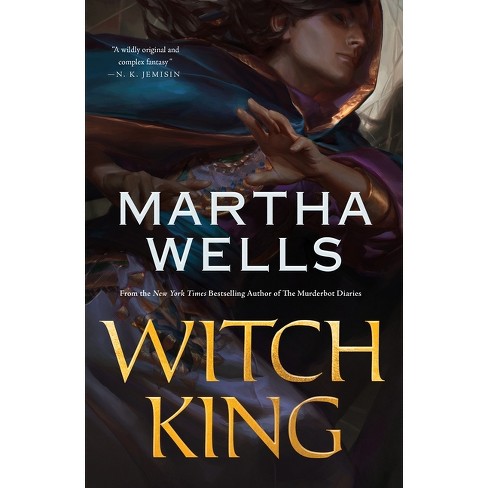I finished Light of Impossible Stars, by Gareth L. Powell. This is the final volume in his Embers of War trilogy, and I enjoyed the first two. This one, not so much. It started out okay, introduced some new characters and scenarios, while building on the fall-out from the first two books with the characters from those books. So far, so good.
However... ultimately, this last volume in the series was a complete let down. When a book ends so badly, and it's the end of as trilogy, it taints the series as a whole. What was shaping up to be good for two and a half books, turned out to be a poor trilogy viewed as a piece, and I cannot recommend it. So what was wrong with it? Well, several things, so let's list them:
(i) The first two books set up a significant and interesting dilemma with certain characters on well established sides of the conflict, and it's hard to see a way out for our heroes. How will Powell wrap this up, we wonder. This will take a very clever idea or plot-twist from our protagonists to rectify. Easy apparently. The way out of this for Powell is not to think up a clever ruse for his existing characters, but to drop in new characters in book three that effectively have magical God-like power. It's a book-long Deus-ex-machina, in essence. If you set up a SF problem over two novels, you cannot resolve the problem with sudden god-like power from new characters and new SF rules in book three - it's 'cheating' and it's lazy.
(ii) A perfectly interesting character who's had a good supporting role to play in the book - a character we love to hate - decides a few chapters from the end that they are unhappy, not for the perfectly good reasons we've read about for the past 200 pages, but because they don't want to be called Loretta, and want to be called Stan... okay I stole the names from Monty Python, but those are essentially the facts. What affect does this sudden transexual theme have on the plot? None whatsoever. This unheralded theme from left-field takes dominates a chapter, and is then barely mentioned again. I can hear the editor now: "Gareth all the cool kids in SF have transgender themes and characters, can you not shoehorn something like that in somewhere?". It's incongruous virtue signaling to the SF Zeitgeist regardless of whether it fits the book or not - and it doesn't.
(iii) The end makes no sense. I can't say too much without 'spoiling' it, but trust me. While the final actions of some characters made some sense as an idea at one point, other subsequent outcomes mean they had no need to follow through on their desperate notion... but they do it anyway! Which had this reader want to throw the book at the wall with the exclamation "WHY... why, you idiots?"
(iv) Light of Impossible Stars is a cool name. I've read the book and I cannot tell you what it means, what it refers to, or how it relates to the novel.
Apart from that it was good. Ha ha. No really - Powell can write quite well, and his books are highly readable, but I do wish SF writers would only write trilogies when they have a great idea for the entire story arc, not just the start and middle. A whole idea is much better than half and idea, guys! Reynolds has been as culpable on this front, from personal experience. More and more, I find I want to read either standalones, or otherwise never-ending series, of which there are many. Defined trilogy series often seem to let me down - great premise, poor resolution. At least never-ending series have no conclusion so I'm unlikely to feel shortchanged at the end.


